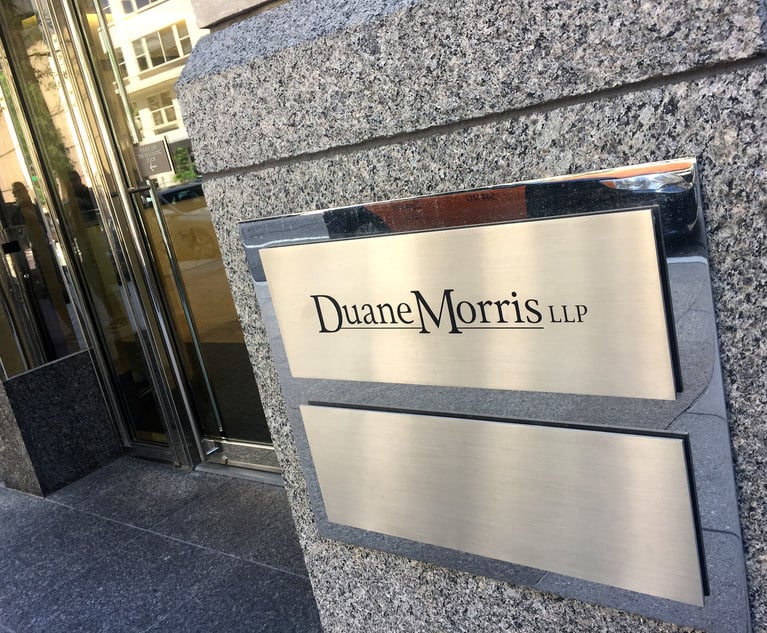Recently, headlines have been splashed with the question of whether Title IX proceedings are quasi-judicial and what legal claims parties have based on what occurs during the Title IX process. Title IX practitioners and universities are quick to note that a Title IX hearing is not a courtroom and the Title IX process is not beholden to the rules of evidence or other pillars of the legal process, so why does it matter if Title IX is quasi-judicial? Recent court recommendations and comments following this vein provide insight both into how the expected 2023 Title IX regulations, and the prescribed hearings therein, may be classified by the courts and what choices the parties may make in light of that classification.
A Title IX complainant from King’s College in Wilkes-Barre, Pennsylvania filed a lawsuit against the respondent for the tort abuse of process. See McCarthy v. Jauregui, 3-21-cv-01759-RDM, M.D.Pa. In that Title IX matter, the respondent filed a counter-complaint against the complainant after the investigation had begun. The complainant went on to file an abuse of process claim in response. The complainant’s attorney told Inside Higher Ed that the complainant has transcripts of hearings in which the respondent makes statements that the complainant “never forced him to do anything,” directly contradicting his counter-complaint. See Johanna Alonso, “A New Legal Strategy in Sexual Assault Cases,” Inside Higher Ed (June 14, 2023).


 (L-R)Sydney Smith Forquer and Ashling A. Ehrhardt of Cohen Seglias Pallas Greenall & Furman. Courtesy photos
(L-R)Sydney Smith Forquer and Ashling A. Ehrhardt of Cohen Seglias Pallas Greenall & Furman. Courtesy photos




